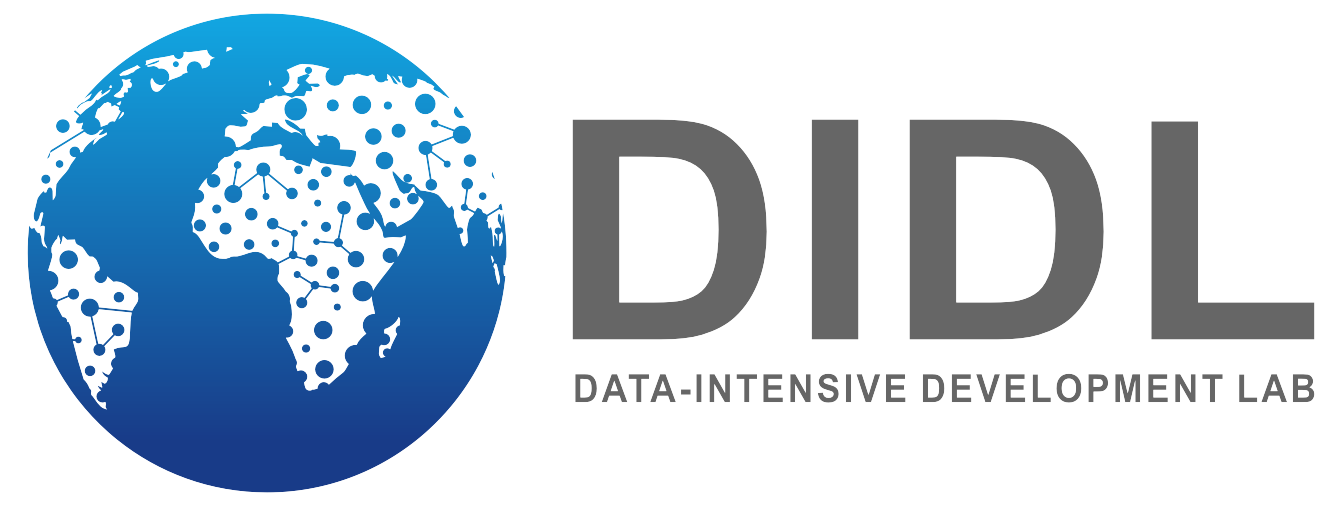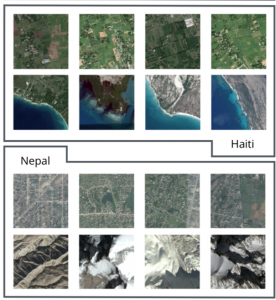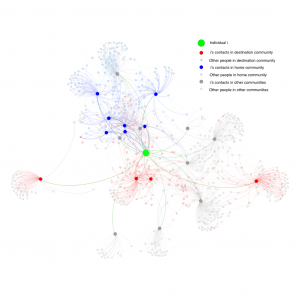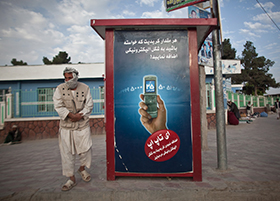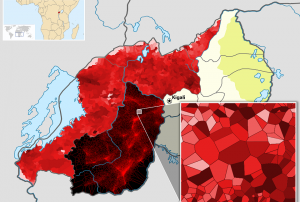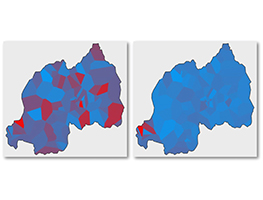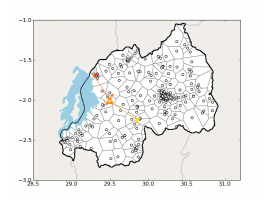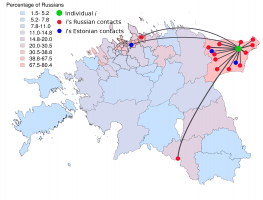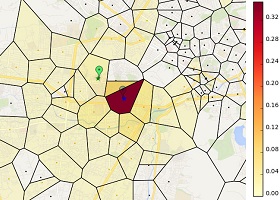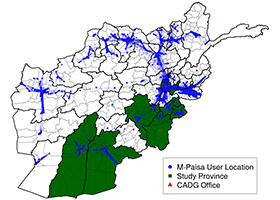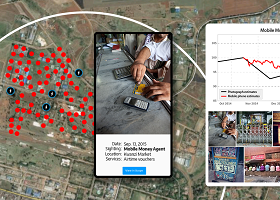We're hiring! ===>
Click here learn more<===
Projects
Welfare-Sensitive Machine Learning
From decisions about loans and humanitarian aid, to medical diagnosis and criminal justice, consequential decisions in society increasingly rely on... Read More →
Manipulation-Proof Machine Learning
An increasing number of decisions are guided by machine learning algorithms. An individual’s behavior is typically used as input to... Read More →
Toward Real-Time Measures of Poverty and Vulnerability
In a recent piece in the New York Times, Harvard economist Sendhil Mullainathan asks the question, “Why should the financial... Read More →
Measuring Human Development with Remote Sensing and Machine Learning
In many developing country environments, it is difficult or impossible to obtain recent, reliable estimates of human development. Nationally representative... Read More →
Migration and the value of social networks
What is the value of a social network? Prior work suggests two distinct mechanisms that have historically been difficult to... Read More →
Spectral Models of Security
The rapid proliferation of mobile phones and other digital devices can created an unparalleled opportunity to observe and understand the... Read More →
Mobile-izing Savings in Afghanistan
Why Do Defaults Affect Behavior? Experimental Evidence from Afghanistan We report on an experiment examining why default options impact behavior.... Read More →
Predicting Poverty and Wealth with Mobile Phone Metadata
Accurate and timely estimates of population characteristics are a critical input to social and economic research and policy. In industrialized... Read More →
How Do Labor Markets Equilibrate? Estimating the Effect of Local Labor Demand Shocks on Internal Migration and Local Wages
A central question in the study of migration concerns the role that migrants play in bringing an economy towards a more efficient use of its resources...
Risk Sharing and Mobile Phones: Evidence in the Aftermath of Natural Disasters
We provide empirical evidence that an early form of “mobile money” is used to share risk. Our analysis is based... Read More →
Measuring Migration with Large-Scale Behavioral Data
Understanding the causes and effects of internal migration is critical to the effective design and implementation of policies that promote... Read More →
Violence and Financial Decisions: Evidence from Mobile Money in Afghanistan
We examine the relationship between violence and financial decisions in Afghanistan. Using three separate data sources, we find that individuals... Read More →
A Society of “Silent Separation”: Migration and Ethnic Segregation in Estonia
Ethnic segregation is a striking feature of many contemporary societies. Yet, due in part to constraints of existing data, empirical... Read More →
Probabilistic Inference of Unknown Locations: Exploiting Collective Behavior when Individual Data is Scarce
New sources of large-scale geospatial data can inform policy decisions ranging from disease monitoring and city planning to disaster management... Read More →
Promises and Pitfalls of Mobile Money in Afghanistan: Evidence from a Randomized Control Trial
Promises and Pitfalls of Mobile Money in Afghanistan: Evidence from a Randomized Control Trial We present the results of a... Read More →
Statistical evaluation of a crowd-sourced market information system in Liberia
Many critical policy decisions depend upon reliable and up-to-date information on market prices. Such data are used to construct consumer... Read More →
